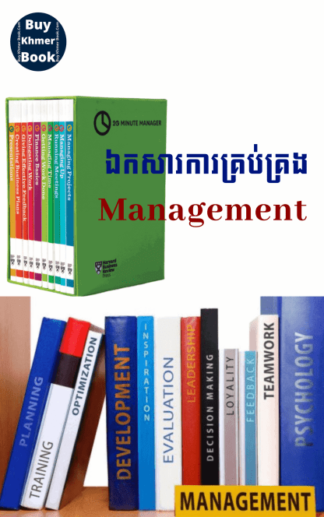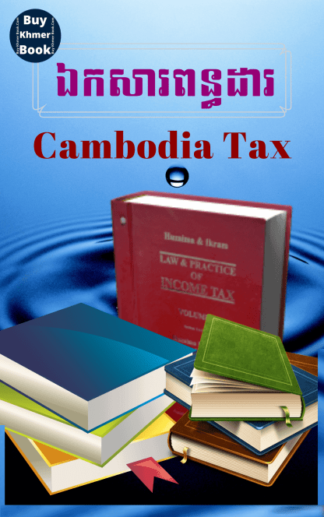Family law cases encompass a variety of issues that can significantly impact individuals and families. Engaging in court proceedings can be a daunting experience, filled with emotions and complex legal considerations. Understanding the framework of these cases is vital for anyone involved.
One of the key aspects of family law is the divorce settlement process. This phase often involves negotiations that can lead to agreements on asset division, child custody, and support obligations. Knowing what to anticipate can ease some of the stress associated with the resolution of familial disputes.
This article aims to provide an insightful look into the steps and elements that define family law cases, highlighting the importance of being well-prepared for what lies ahead. From initial consultations to final judgments, gaining clarity on each stage can empower individuals navigating this intricate area of law.
Understanding the Initial Consultation Process with a Family Lawyer
Entering into a family law case begins with the initial consultation, a critical step that determines the direction of your legal journey. During this meeting, clients discuss their circumstances and seek guidance tailored to their specific situation. The lawyer will usually inquire about the details surrounding the case, such as issues related to custody, visitation, and property division, which are pivotal in court proceedings.
Potential clients should be prepared to provide documentation, including financial records and any existing agreements. This transparency allows the lawyer to formulate a clear understanding of what a divorce settlement may entail and highlight possible strategies for negotiation or litigation.
A significant aspect of this consultation is the legal professional’s explanation of the process ahead. They will outline what clients can expect at each stage, detailing aspects that may arise during court proceedings and what information may be needed for a successful outcome. Additionally, the lawyer will address any questions or concerns, ensuring clients feel informed and supported as they move forward.
This first meeting is also an opportunity for clients to gauge the compatibility with their lawyer. A strong attorney-client relationship is essential, as clients should feel comfortable discussing sensitive topics. Ultimately, this initial consultation sets the tone for the case, ensuring both parties are aligned on expectations and strategies. Remember, this is just the beginning of the path towards resolution.
Navigating Custody Arrangements and Support Obligations
The process of establishing custody arrangements and support obligations is a significant aspect of family law cases, particularly during divorce proceedings. Custody decisions can be complex, requiring careful evaluation of the best interests of the child. Courts generally favor arrangements that promote stability and maintain the child’s relationship with both parents, provided that such relationships are safe and nurturing.
In court proceedings, custodial arrangements may be reached through negotiation or mediation. If an agreement cannot be achieved, a judge will make a determination based on various factors, including the parents’ living situations, their ability to care for the child, and any history of domestic issues. Understanding this process can help parents to prepare and present their cases effectively.
Child support is another critical element that comes into play following custody decisions. The amount of support is often established using guidelines set by state law, considering each parent’s income, the child’s needs, and other relevant factors. Ensuring that both parents are aware of their financial obligations is crucial for ongoing support and the child’s welfare.
Negotiating a divorce settlement that includes both custody and support arrangements requires attention to detail and an understanding of legal perspectives. Working with a qualified family lawyer can provide valuable insights, enhancing communication between parties and facilitating agreements that are in the best interest of the child.
Preparing for Court Proceedings and Documentation Requirements
Entering the court system can be daunting for families dealing with legal matters. Preparation is key to ensuring that your case is presented clearly and effectively. Below are important steps and considerations regarding documentation and court readiness.
Gathering the necessary documentation is critical. This may include:
- Financial records, such as pay stubs, tax returns, and bank statements, to support child support claims.
- Any existing custody agreements or parenting plans to outline current arrangements.
- Communication records related to co-parenting and child support, which can highlight the history of agreements or issues.
- Proof of expenses incurred for the child, including healthcare, education, and extracurricular activities.
- Documentation of any incidents or issues that may impact custody or support decisions, such as police reports or medical records.
Once you have gathered the necessary documents, focus on organizing them. Create a system that allows for easy access during court proceedings. This may include:
- Labeling files or folders for quick reference.
- Using a timeline to outline events relevant to your case.
- Summarizing key points from your documentation to present to the court succinctly.
Preparation also involves understanding the court process. Familiarize yourself with:
- The schedule and procedures of your local court.
- What to expect during hearings and how to present your case effectively.
- The roles of various court personnel, including judges, mediators, and clerks.
To ensure compliance with court requirements, consider consulting with a family lawyer. They can offer guidance on:
- The specific legal documentation needed for your case.
- Strategies for presenting your case in the best possible light.
- Understanding legal terminology and processes.
For more detailed information on family law and to assist you through your case, visit https://www.abilheiralaw.com/.
_ខាងក្រោមនេះជាសៀវភៅនិងឯកសារសម្រាប់ការងារនិងរៀនគ្រប់ប្រភេទ៖
-
Uncategorized (130)
-

កម្មវិធី QuickBooks រៀបចំដោយ ACCA, MBA, Tax Agent..បន្ទាប់ពីទិញ អានមិនយល់អាចសួរបាន /ទាក់ទងទិញ 093 646 646 (32)
-

ការគ្រប់គ្រង (Management) រៀបចំដោយ ACCA, MBA, Tax Agent..បន្ទាប់ពីទិញ អានមិនយល់អាចសួរបាន /ទាក់ទងទិញ 093 646 646 (67)
-

ការធ្វើទីផ្សារ (Marketing) រៀបចំដោយ ACCA, MBA, Tax Agent..បន្ទាប់ពីទិញ អានមិនយល់អាចសួរបាន /ទាក់ទងទិញ 093 646 646 (20)
-

គណនេយ្យ (Accounting) រៀបចំដោយ ACCA, MBA, Tax Agent..បន្ទាប់ពីទិញ អានមិនយល់អាចសួរបាន /ទាក់ទងទិញ 093 646 646 (215)
-

គ្រប់គ្រង់ហិរញ្ញវត្ថុ (Finance) រៀបចំដោយ ACCA, MBA, Tax Agent..បន្ទាប់ពីទិញ អានមិនយល់អាចសួរបាន /ទាក់ទងទិញ 093 646 646 (42)
-

ធនាគារនិងគ្រឹះស្ថានហិរញ្ញវត្ថុ (Banking & Financial Institution) រៀបចំដោយ ACCA, MBA, Tax Agent..បន្ទាប់ពីទិញ អានមិនយល់អាចសួរបាន /ទាក់ទងទិញ 093 646 646 (6)
-

ពន្ធដារ (Cambodia Tax) រៀបចំដោយ ACCA, MBA, Tax Agent..បន្ទាប់ពីទិញ អានមិនយល់អាចសួរបាន /ទាក់ទងទិញ 093 646 646 (79)
-

សវនកម្ម (Audit ) រៀបចំដោយ ACCA, MBA, Tax Agent..បន្ទាប់ពីទិញ អានមិនយល់អាចសួរបាន /ទាក់ទងទិញ 093 646 646 (41)







